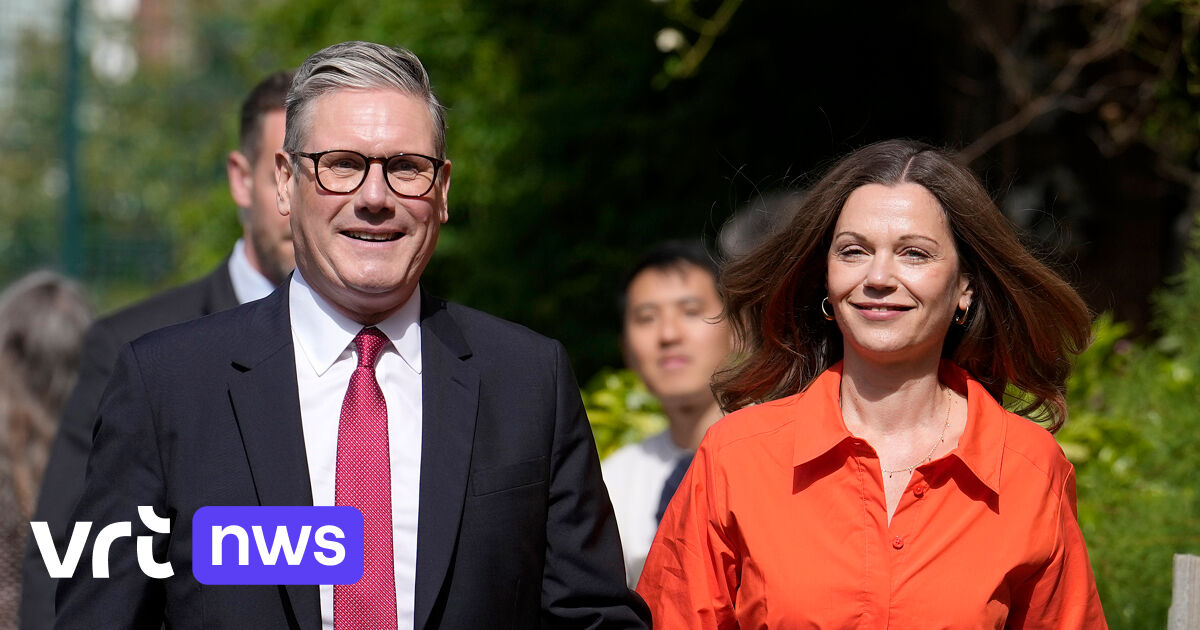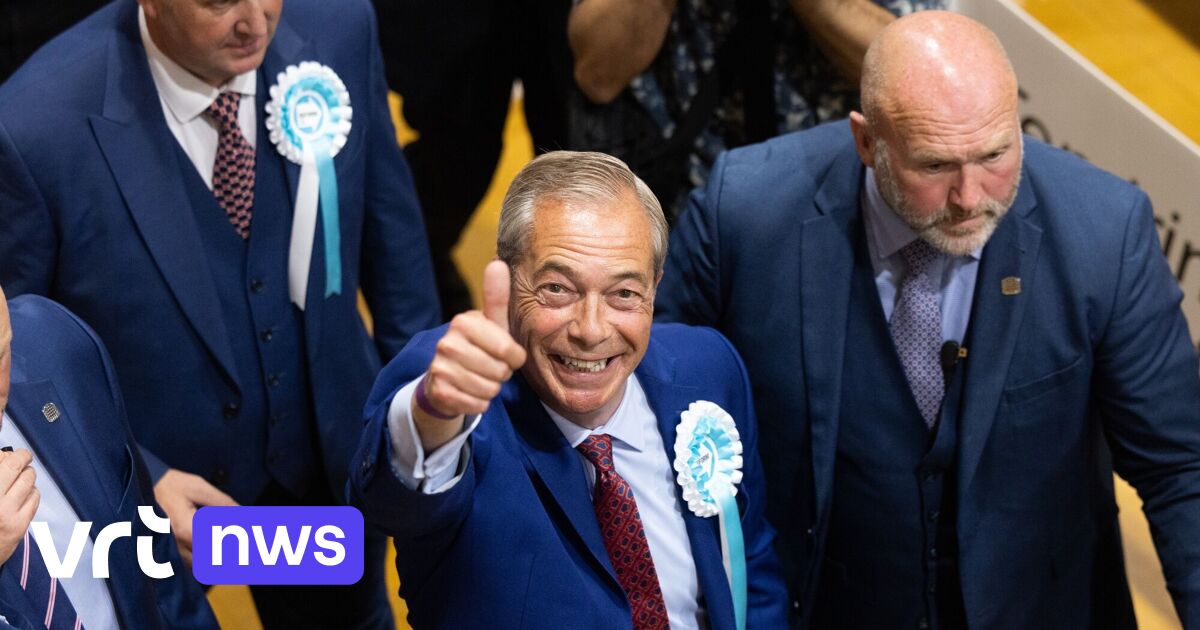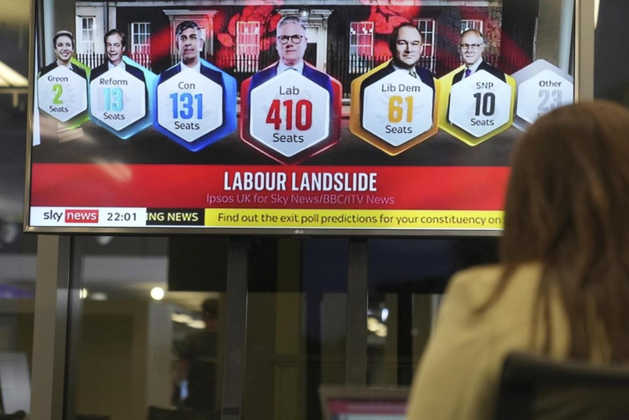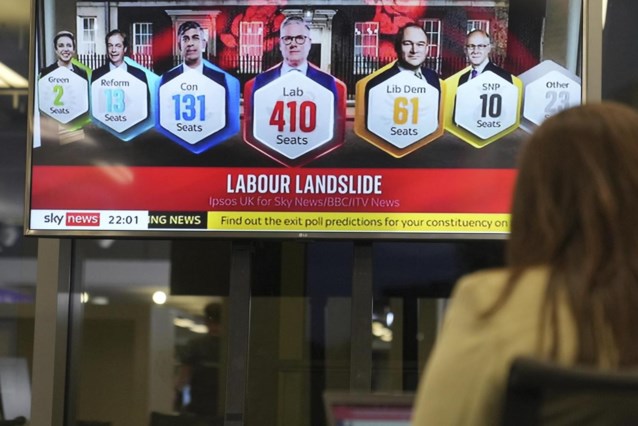Alain Gerlache surveys current political events. His column appears on Monday.
Until recently, most parliaments have been spared from the wave of political scandals in our country. Various parliamentary inquiry committees since the Dutroux case in the 1990s have even given elected officials the image of the ‘white knight’, a judge of integrity regarding the failures of our institutions. Now the levees are crumbling.
In November last year, it was revealed that the huge budget overruns involved in the renovation of the Walloon Parliament exposed the frivolity of Walloon politicians. “We don’t know anything”, was the DPR’s reaction when news emerged last week that former DPR presidents Herman De Croo and Siegfried Bracke and several senior civil servants had been receiving illegal pension bonuses for years. Meanwhile, Qatargate has rocked the European Parliament to its foundations and last week the pretrial detention of MEP Marc Tarabella (PS) was extended. In just a few months, three parliaments have been discredited.
It was a hard blow to representative democracy at a time when legislatures were weakening. The government has long had the upper hand in making laws, but now the political debate and ideological confrontation, which should take place in parliament, has also shifted to the government, especially at the federal level. With seven parties with different ideas, constantly at odds, the government looks more like a seething assembly than a team of ministers. Oral questions on Thursday in this hemisphere are still somewhat relevant, although now they are increasingly aimed at creating a social media video feed that as many well-wishers should like and share.
In other countries, such as the UK, it is not uncommon for MPs to voice dissent and vote against their own party’s position, feeling the priority is their own interest. constituentsrepresent their constituents. In our participation this happens very rarely, except occasionally on certain ‘ethical’ subjects. For the rest, the party line had to be dutifully followed. Anyone who doesn’t will be billed when the list is compiled for the next election.
What’s more, ministers are almost always chosen by party leaders, who certainly won’t reward troublemakers. The fact that most of the heads of Vivaldi’s majority party do not sit in the DPR also takes away part of the importance of parliament. Egbert Lachaert (Open Vld) was the only chairman from Vivaldi’s majority elected to the Council. The Groen and Vooruit leaders sit in the Flemish Parliament, where their parties are in opposition. Georges-Louis Bouchez is an elected senator. Incidentally, that points to the only remaining use for the Senate: to provide seats and revenue to unelected candidates. Otherwise, it is pointless and costs a lot of money. However, it will not be written off.
Yesterday at Seventh day Surprisingly, the N-VA and PVDA pleaded together for the formation of a parliamentary committee on the ‘retirement gate’. The question, of course, is whether MPs are in a good position to scrutinize their own institutions and their own ways of working. An external audit as Groen suggests seems a better idea to try to restore trust. Because it is precisely the problem of party financing and politician salaries: they are determined by the beneficiaries themselves and not always in a transparent manner.
Last week there was much clamor over the N-VA’s proposal to introduce a popular appeal, which would give Parliament the power to ‘reject’ Constitutional Court decisions with a two-thirds majority. Maybe we need a popular appeal where citizens can talk about financing parties and politicians. A boon for populists? Very sure! Just like the spectacle in the Chamber last Thursday.

“Hipster-friendly creator. Music guru. Proud student. Bacon buff. Avid web lover. Social media specialist. Gamer.”







